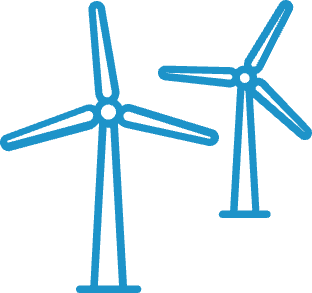Energy & Environment
Adapting to energy transition challenges
A business request?
You want to join us?

Navigating the challenges of decarbonisation
The energy transition and collective awareness of climate change has highlighted the need to shift the world’s energy towards a low-carbon energy mix, favoring renewable energies.
According to the International Energy Agency, fossil fuel shares (coal, oil, natural gas) in global energy production have remained close to 80% for decades and will fall to 73% by 2030.
The transition to renewable energies (wind, hydrogen, biomass, solar…) is underway. Governments and businesses are investing heavily in renewable energies to reduce carbon emissions and combat climate change. The programs for new nuclear reactors (SMR, New nuclear Built, etc.) and green hydrogen are currently at the heart of R&D investments and will place a considerable burden on the engineering professions over the next ten years.
Facing the storage of renewable energies
According to the International Renewable Energy Agency (IRENA), it is desirable for 90% of the world’s electricity to come from renewable energies by 2050, whereas today we’re below the 30% mark.
However, renewable energies are intermittent, as their production depends on unpredictable weather conditions. Energy storage as part of the energy transition is therefore a major challenge for the next 25 years.
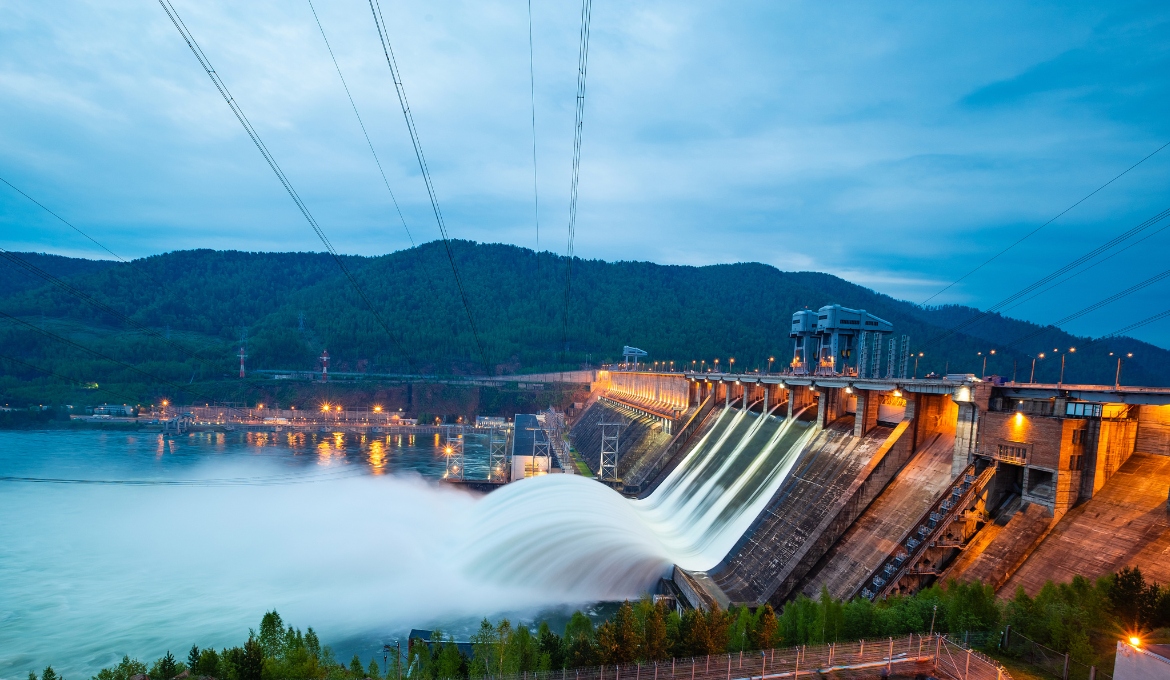

ALTEN, player in the energy transition
With more 3,000 engineers around the world involved in energy transition, ALTEN has been working with key players in the sector on all major projects across the entire energy value chain, positioning itself as an end-to-end service provider – from research and development to industrial methods, supply chain management, digitalisation. ALTEN participates in large-scale strategic projects with important engineering components in the fields of nuclear power, renewable, oil & gas and energy storage.
Facing the demand of specialized engineers in the Energy’s field and the expected performance, ALTEN has implemented a global strategy, including organisational aspects such as the creation of a Center of Excellence (ACE) based in particular on the ALTEN community of experts.
ALTEN in the Energy & Environment industry
299M€
2023 turnover
+3,000
consultants
+30
countries
5
domains of expertise Energy & Environment: Nuclear, Renewable and energy storage, Oil & Gas, Utilities and Equipment
What are the market trends in the Energy & Environment industry?
To contain global warming and greenhouse gas emissions, a radical diversification of energy production should be implemented that extends beyond electricity; particularly, the decarbonisation of heating and cooling networks and the adoption of sustainable mobility (hydrogen solutions).
In 2023, 80% of the global energy system relies on fossil resources (coal, oil, and gas). The EU aims to reduce its greenhouse gas emissions 55% by 2030 in relation to the 1990 levels.
Challenges:
- Financing the development of renewable energies (wind, photovoltaic, biogas, hydraulic, etc.)
- Integrating energy storage solutions to overcome the intermittency of renewable energy production
- Designing new families of high-performance nuclear reactors, less expensive, and with optimized time to market
Digital technology and data exploitation has profoundly changed every link in the energy chain. The production engineer can now monitor and correct the drift of his processes in real time, the plant manager can obtain a daily assessment of the complete economic performance of his plant, and the energy management authorities may now optimize the day-to-day management of their resources and the purchase of energy on the markets. At the heart of this transformation, these new challenges offer a new and decisive role to engineers by improving general performance.
For example, intelligent demand management systems could provide approximately 185 GW of energy flexibility worldwide. This would save €270 billion in investment in new electricity infrastructure between 2016 and 2040.
Challenges:
- Deploying architecture and control systems in existing plants
- Ensuring cybersecurity of the connected energy system
- Connecting all transport networks to the delivery point
Economic and demographic growth is placing increasing pressure on energy, water and mineral resources. In parallel with energy transition, new exploration, operations and recycling (at controlled costs), technology will have to be implemented to extend access to these resources and optimise their consumption.
The United Nations anticipates a rise in the global population of up to 9.7 billion inhabitants by 2050. It will be necessary to triple the extraction of materials (namely 180 billion tonnes/year) to meet this growing demand.
Challenges:
- Meeting demands related to new energy uses (e.g.: cobalt/electric vehicles)
- Developing new waste sorting and recycling solutions
ALTEN Value Proposition
ALTEN’s functional sectors

- New nuclear power
- R&D, SMR and defence reactors
- Operations & Maintenance
- Fuel cycle
- Decommissioning
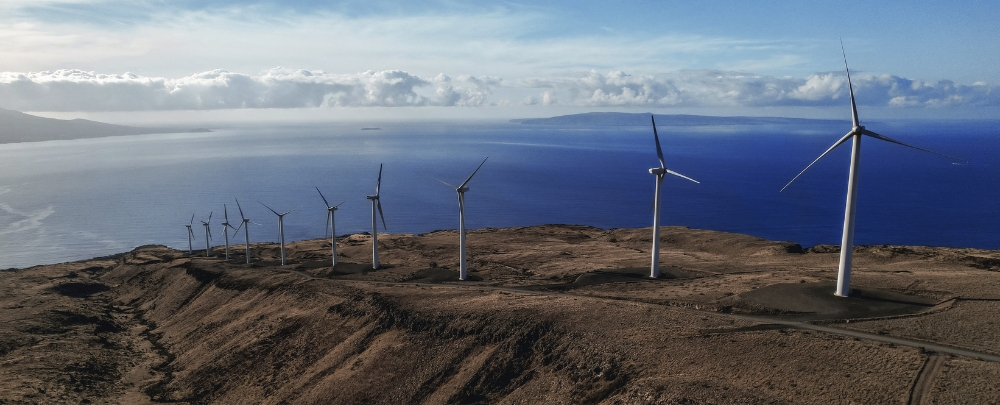
- Hydraulic
- Wind-power
- Solar energy
- Bio-masse
- Storage
- Hydrogen
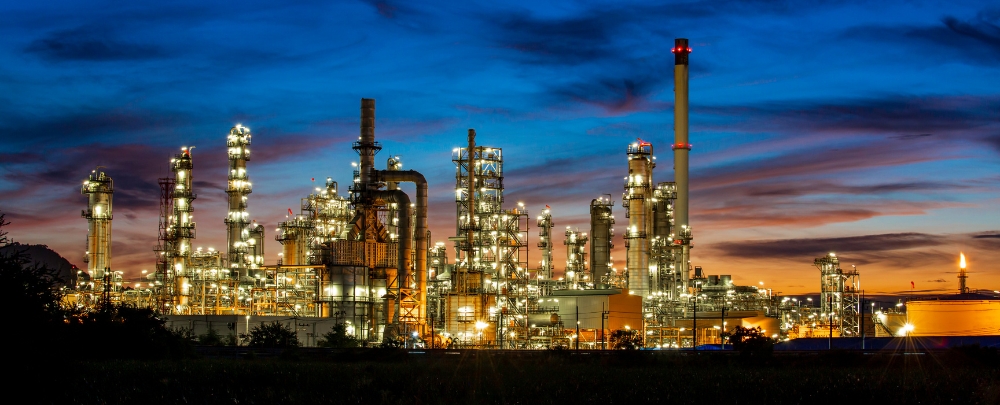
- Exploration Production
- Petrochemicals
- Refinery
- Storage
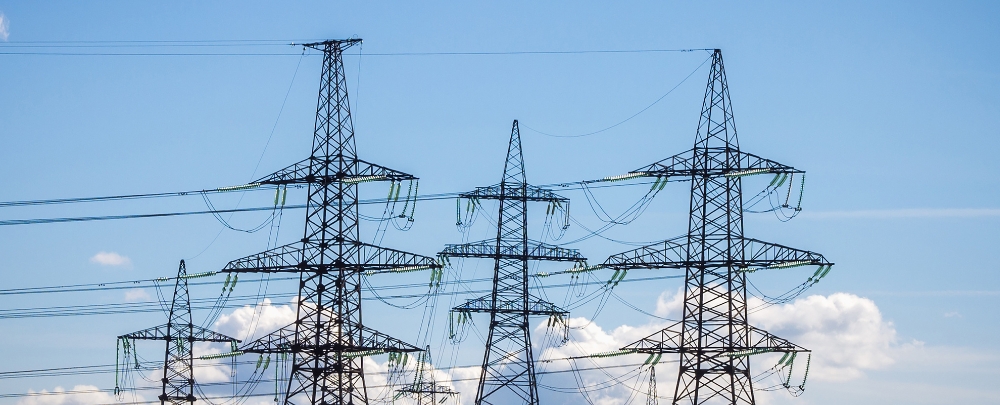
- Transport
- Distribution
- Smart Grid
- Retail
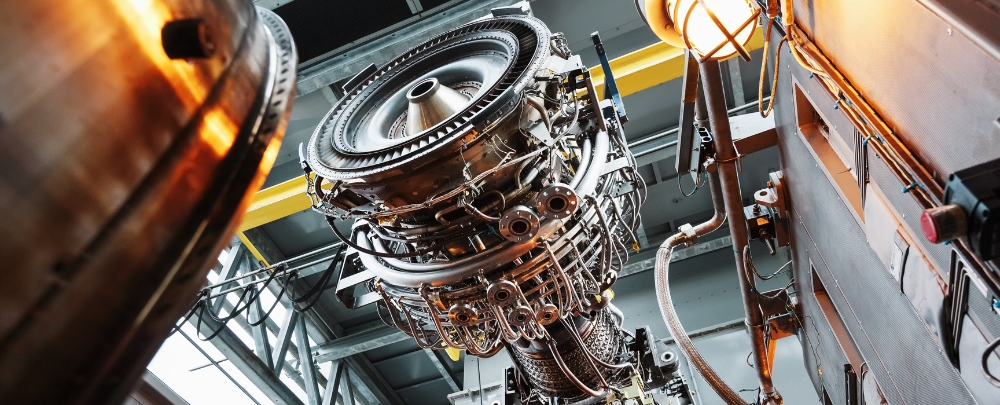
- Electrical & Electronic Equipment
- Heavy components
- Turbogenerator, rotated machines
- Boilers
- Manufacturing Engineering
Our Success Stories
The maintenance and modernisation of the French nuclear plants (58 reactors in activity) is one of the major challenges of the energy sector. ALTEN is an essential player in the in-service support (ISS) engineering chain for many projects.
ALTEN operates an outsourced service centre for nuclear plants in France:
- Spare parts procurement (obsolescence management, management and tracking of orders, handling of non-conformities)
- Inventory management for logistics centres for preventive and corrective maintenance, logistical preparation for units shutdown at nuclear power plants (stock transfers, order management, parts reservations)
- Supplier performance audits and associated action plans
- Project management, through to the full lifecycle of nuclear submarines, particularly during the design, assembly, and integration phases of the propulsion system into the nuclear boiler room and the engine room
- Studies and 3D modelling of the installation layout, layout management, work planning and monitoring
- On-site assembly and testing, monitoring equipment integration, updating digital mock-ups
- Preparation and monitoring of industrial contracts
Thanks to an increasingly competitive cost, wind has become one of the pillars of decarbonised energy production in the world. ALTEN supports a global leader in wind turbines in mechanical design, gearbox development, the definition of instrumentation-control laws, electro technical studies, software development and the analysis of host sites.
According to the EPA (American Environmental Protection Agency), 30% of the energy used in a commercial or industrial building is wasted. To maximise the energy performance of buildings and industrial facilities, ALTEN supports a global leader in energy and services in the development and deployment of a FM (Facility Management) digital solution and CAM (Computer-Aided Maintenance Management) solution.
OUR CLIENTS
Energy suppliers
EDF, Engie, Total, Shell, ENI, Air Liquide, Vattenfall, Iberdrola, Orano
Energy equipment manufacturers
GE, Siemens Energy, Schneider Electric, TechnipFMC, Technip Energies, Framatome…




